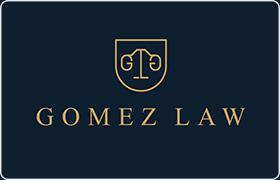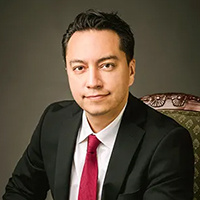Irvine Trusts Lawyer, California, page 3
Sponsored Law Firm
-
 x
x

Click For More Info:
-
Gomez Law, APC
3250 Wilshire Blvd Suite 1901 Los Angeles, CA 90010» view mapEstate Law Dedication. Compassion. Trust.
Whether you are looking to purchase a house or commercial property or in the process of probate, we are here to provide the legal support you need to help you move forward.
800-901-4291
Marin Turley Bradshaw
Government Agencies, Trusts, Child Custody, Property Damage
Status: In Good Standing Licensed: 13 Years
Steven C Smith
Real Estate, Lawsuit & Dispute, Trusts, Business, Property Damage
Status: In Good Standing
Kirk McIntosh
Power of Attorney, Wills & Probate, Trusts, Estate, Car Accident
Status: In Good Standing Licensed: 40 Years
FREE CONSULTATION
CONTACTWilliam Scott Brodak
Wills, Trusts, Estate Planning, Estate, Elder Law
Status: In Good Standing Licensed: 31 Years
Kinnery Patel
Litigation, Trusts, Estate Planning, Employee Rights, Corporate
Status: In Good Standing Licensed: 21 Years
John Sung Cha
Estate Planning, Workers' Compensation, Contract, Commercial Real Estate, Trusts
Status: In Good Standing
 Mark Gomez Los Angeles, CA
Mark Gomez Los Angeles, CA Practice AreasExpertise
Practice AreasExpertise
